
For the past few months, the number of refugees entering Zambia from the Democratic Republic of Congo (DRC) has increased drastically. Over 13,000 refugees are currently being hosted at Kenani Transit Centre in Nchelenge District in Luapula Province of Zambia, and the number is expected rise beyond 50,000, by the end of the year. With asylum seekers arriving at the centre on a daily basis, the pressure on existing facilities is also increasing, thereby, requiring urgent and continuous attention.

NCA Zambia makes use of specialised pumps to reduce time spent on pumping water and to reach more beneficiaries.
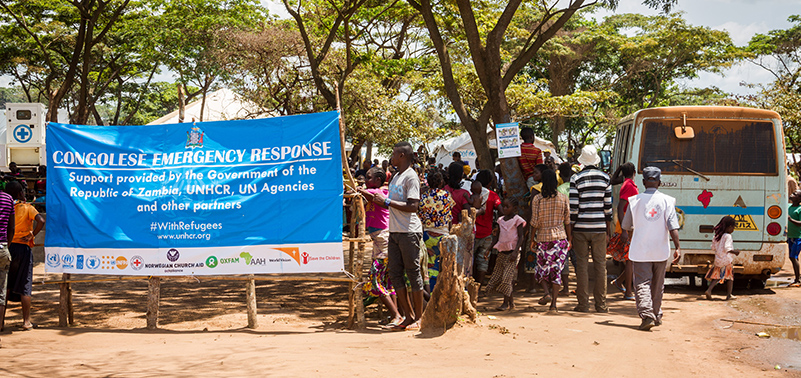
For the past few months, the number of refugees entering Zambia from the Democratic Republic of Congo (DRC) has increased drastically. Over 13,000 refugees are currently being hosted at Kenani Transit Centre in Nchelenge District in Luapula Province of Zambia, and the number is expected rise beyond 50,000, by the end of the year. With asylum seekers arriving at the centre on a daily basis, the pressure on existing facilities is also increasing, thereby, requiring urgent and continuous attention.
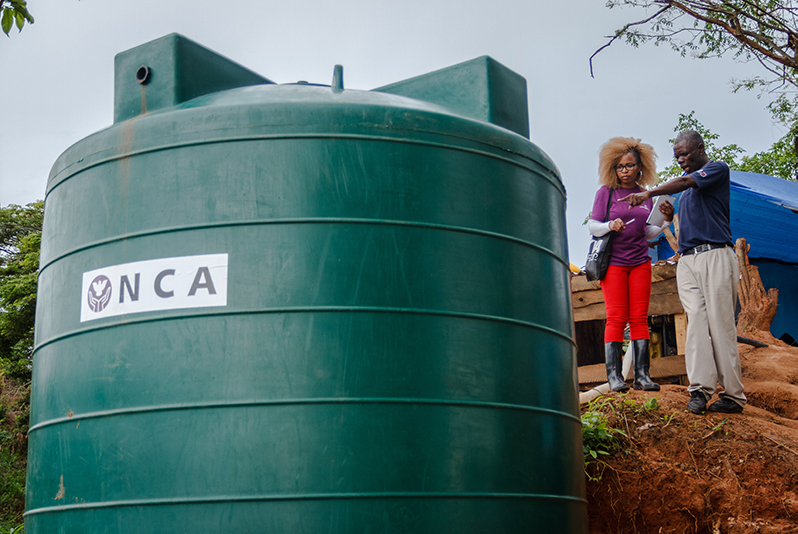
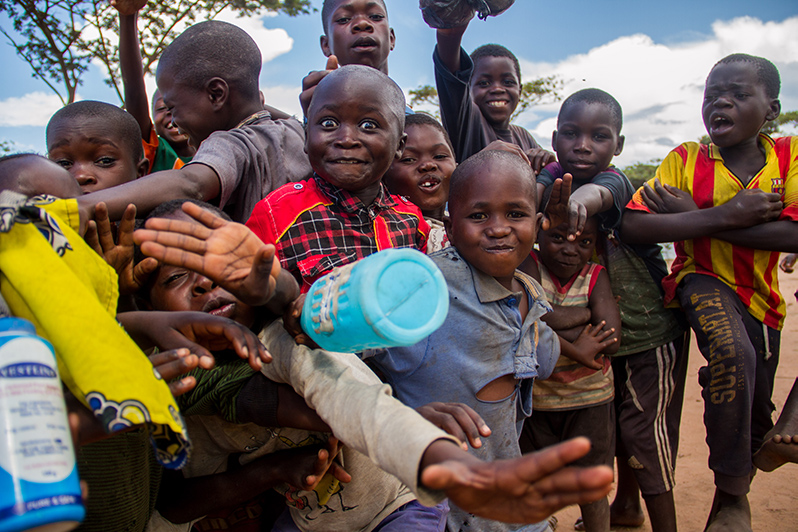
NCA Zambia Programme Officer in charge of Emergency Preparedness and Response (EPR), Alick Mwale, explained the nature of NCA's intervention and the key role that the country programme has played from inception. "NCA is providing water, sanitation and hygiene promotion facilities in Kenani Transit Centre and in terms of water supply, we installed a Water Purification Unit which treats and supplies over 40, 000 litres of water from the nearby Lake Mweru on a daily basis," he said.
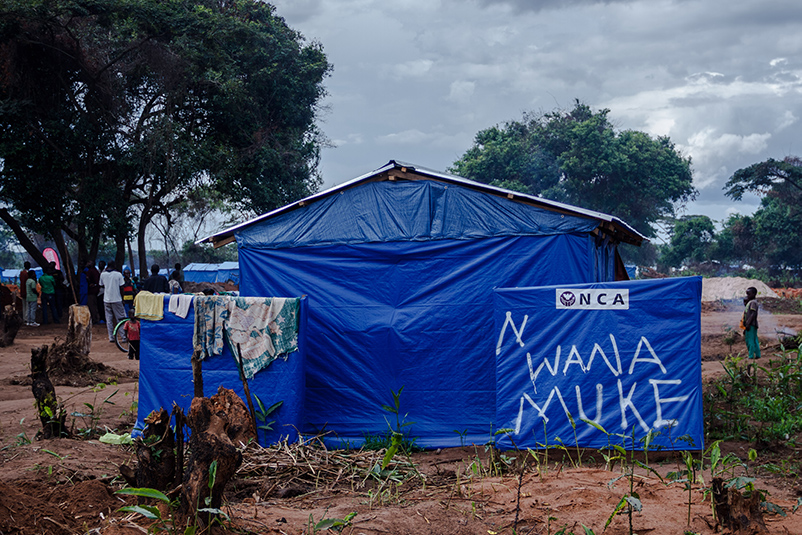
He added: "The Water Purification Unit has been handy in the humanitarian crisis situation in Nchelenge as it also supplements water supply to the World Vision installations that uses solar energy and this period when it is raining, the hours of pumping using solar energy is reduced drastically to sometimes three hours per day. We also supply water an additional 40, 000 litres every day through a borehole equipped with a generator driven submersible pump providing another. "
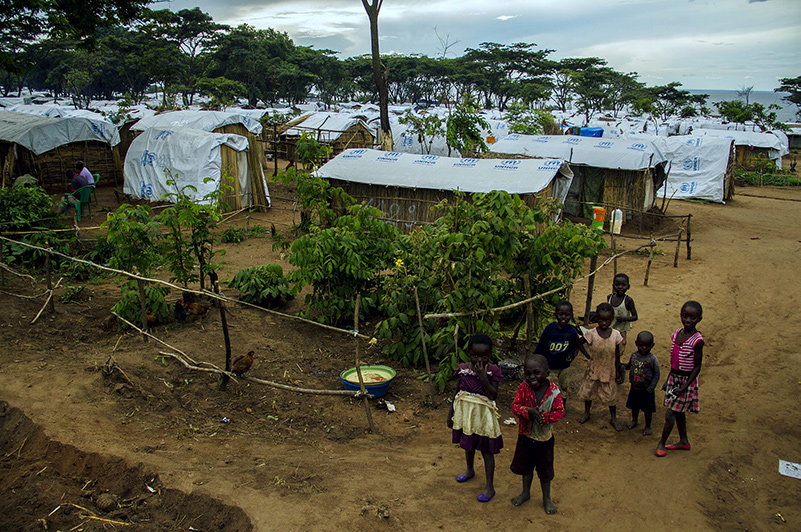
NCA has also constructed semi-permanent latrines for the refugee community in the Transit Centre and the new Mantapala Settlement. A ventilated improved pit (VIP) latrine has also been constructed for the Cholera Treatment Centre. The hygiene facilities that have been constructed include bath shelters, hand washing basins and solid waste bins serving a refugee population of over 5, 000 in the Transit Centre and 100 in Mantapala Settlement.
A lot has been done but the needs are still many. Through attending inter-agency meetings at the refugee centre and the participatory feedback mechanism used by NCA Zambia, our assessments shows refugees' needs range from shelter, nutrition, education and health services. The refugees in the camp feel safe but do have apprehension about their and their families' future.
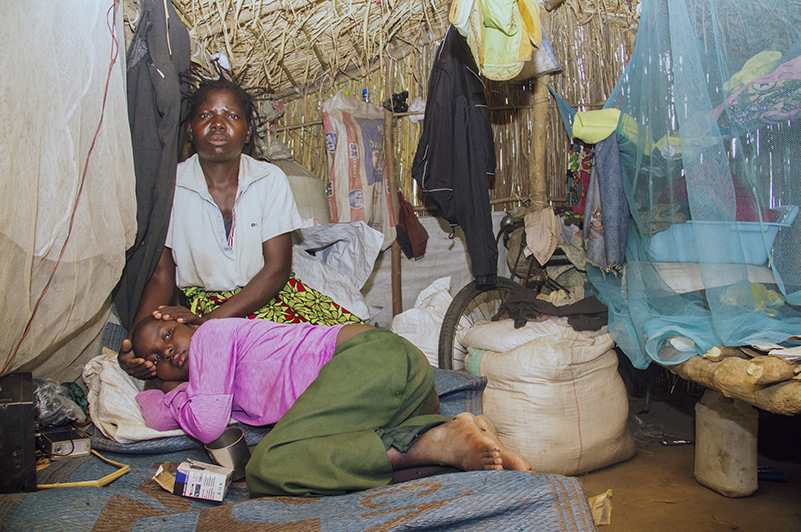
"The biggest challenge we have is sleeping space because the house is too small and we have boys and girls all sleeping in the same room and we have challenges of privacy," said Banza Kiwele, a mother of five living at the centre. "But my biggest worry is that my children are not going to school with one of my children currently sick," she said.
Mr Chomba spoke of his hope for the children during their stay in Zambia. "I pray that while in Zambia my children will still be able to get some education so that even if I died they would still be able to have a good future." He said expressed his gratitude to the various organisations that have been supplied them with clean drinking water, food and various other services.
Read more about our work with WASH here
NCA utilizes the WASH programme in these countries:
| Afghanistan | Tanzania |
| Dominican Republic | Etiopia |
| Haiti | Northern-Iraq |
| Pakistan | Somalia |
| Sudan | Syria |
| South-Sudan |
Published: